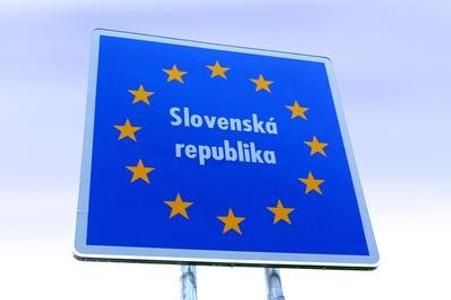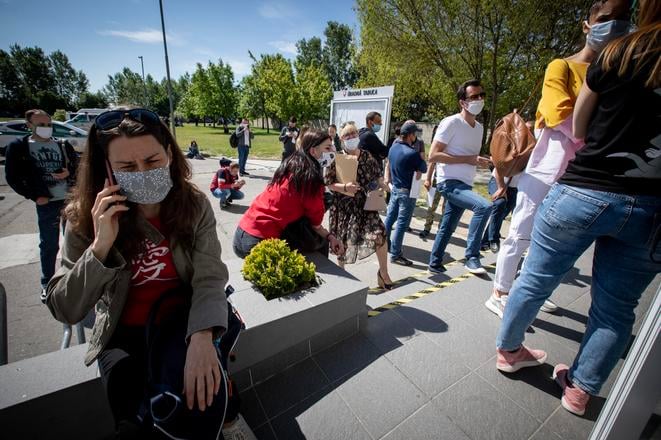As many as 150,000 foreigners living in Slovakia were registered in the statistics of the Bureau of Border and Foreign Police as of December 31, 2020.
This represents some 2.75 percent of the total population in the country, as the Slovak branch of the International Organisation for Migration (IOM) has said. The number is five times higher than in 2006.
“With the increasing number of foreigners in Slovakia, the number of clients and consultations of our migration centre has been increasing every year,” said Zuzana Vatráľová, head of the IOM office in Bratislava, on the occasion of the 15th anniversary of the Migration Information Centre (MIC).“With the increasing number of foreigners in Slovakia, the number of clients and consultations of our migration centre has been increasing every year,” said Zuzana Vatráľová, head of the IOM office in Bratislava, on the occasion of the 15th anniversary of the Migration Information Centre (MIC).
Helping foreigners

MIC is the only information centre for foreigners coming to Slovakia, who need help with a residence permit or other administrative processes and legislation. It provides free-of-charge consulting in social, legal and work matters to migrants coming from non-EU countries, and organises Slovak language courses. It also supports the life of foreigners’ communities in Slovakia.
“Anybody who decides to live in a new country wants to find accommodation and a job,” Vatráľová said. “It helps a lot if they can speak in their own language, have proper information about residence, family reunification, employment and health care, how to acquire various documents and permissions, which offices to address. Foreigners in Slovakia are in the same position.”

Among the most sought-after and most in-demand services of the MIC are Slovak language courses, as well as cultural and social orientation courses, which have been attended by more than 13,000 people so far.
Recently, a number of foreigners have been affected by Covid-19, whether in regards to their residence permit, loss of job or inability to return home due to restrictions. This is why the MIC reinforced its helpline and email consulting. Language courses had to be switched to the online space, while the centre organises information webinars and creates various video guides, Vatráľová said.


 Illustrative stock photo (source: SITA)
Illustrative stock photo (source: SITA)